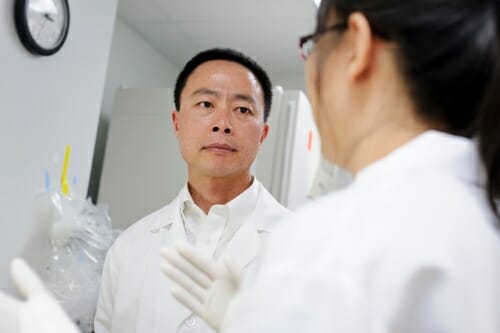The mature brain is infamously bad at repairing itself following damage like that caused by trauma or strokes, or from degenerative diseases like Parkinson's. Stem cells, which are endlessly adaptable, have offered the promise of better neural repair. But the brain's precisely tuned complexity has stymied the development of clinical treatments.
In a new study addressing these hurdles, University of Wisconsin-Madison researchers demonstrated a proof-of-concept stem cell treatment in a mouse model of Parkinson's disease. They found that neurons derived from stem cells can integrate well into the correct regions of the brain, connect with native neurons and restore motor functions.
The key is identity. By carefully tracking the fate of transplanted stem cells, the scientists found that the cells' identity - dopamine-producing cells in the case of Parkinson's - defined the connections they made and how they functioned.
Coupled with an increasing array of methods to produce dozens of unique neurons from stem cells, the scientists say this work suggests neural stem cell therapy is a realistic goal. However, much more research is needed to translate findings from mice to people.







